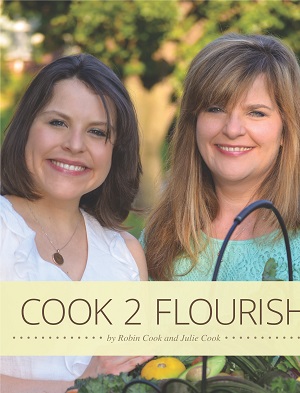
It took Ezra Pound’s editing skills to turn T.S. Eliot’s early drafts into the The Waste Land we all know and love today. We all know and love The Waste Land, right?!
A caring, careful collaboration between writer and editor can make a good book great. Why?
1. You’re too close to your book
After all the time, effort, and creative energy it took to “finish” writing your book, you’ll be spinning between moods of elation, self-doubt, delusions of grandeur, and shame. The alternating anxiety and buzz of near-completion can cause you to rush through things and make justifications for imperfections that you’d otherwise have caught and fixed.
You have high hopes, and the idea of turning back to redraft your writing now is almost sickening. But don’t let yourself be fooled by how close the finish-line appears. Now, more than ever, it’s important to get a second set of eyes on that manuscript. If you’ve spent a year or more writing the book, what’s another couple months to do it right!? Don’t be a bad parent: nurture your book to the best of your ability!
A professional book editor will be able to spot problem areas in plot, character, continuity, tone, and more.
2. You’re not always your own best marketer
An editor who knows what works and what sells in your chosen genre will be able to help you make both creative and strategic decisions that will give your book a better chance of success in the marketplace. Should you cut 3 chapters to make sure it’s less than 250 pages? Is your title going to give the wrong impression to readers? An editor will encourage you to consider factors you didn’t even know would make a difference.
They may also be able to play some role in connecting you with agents, publishers, publicists, and readers (though that is never guaranteed).
3. Spellcheck doesn’t dot all your i’s or cross all your t’s
You’d think they would—but computers don’t catch every grammatical, syntactical, or spelling issue. A trained eye can catch errors in your manuscript you’ve overlooked a hundred times. Working with a professional editor will save you the embarrassment of someone posting on your Facebook page 6 months from now saying, “Hey, you slacker—I found typos on page 78, 112, and 204!”


 RSS Feed
RSS Feed
